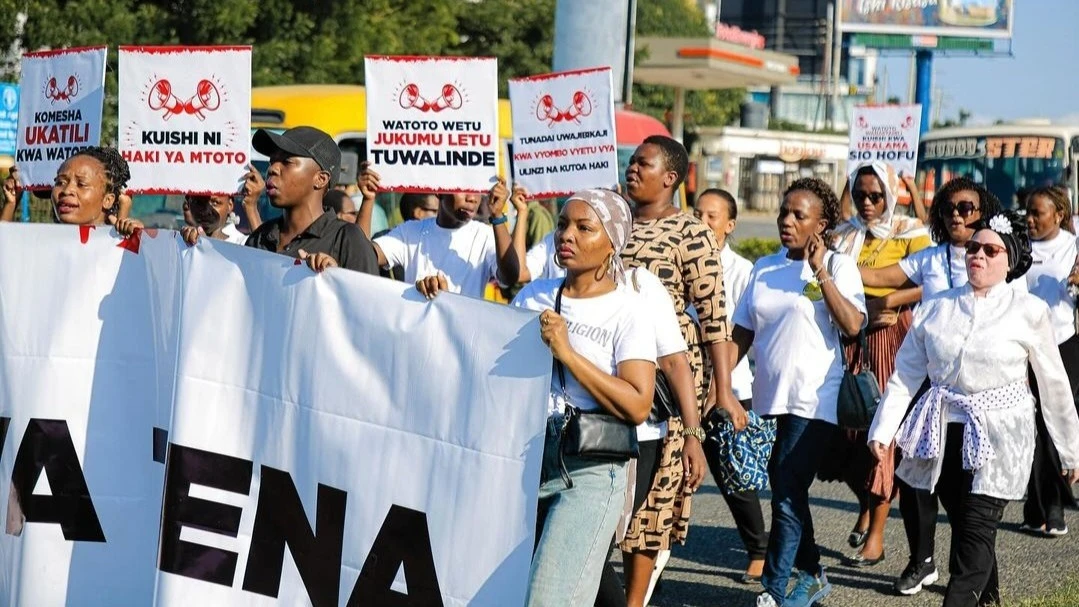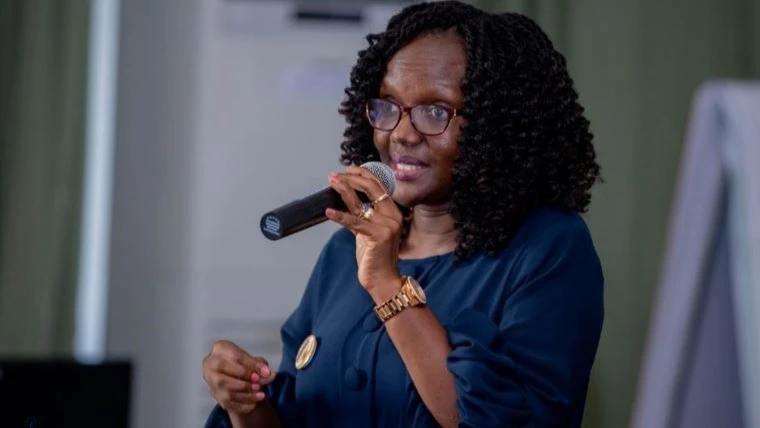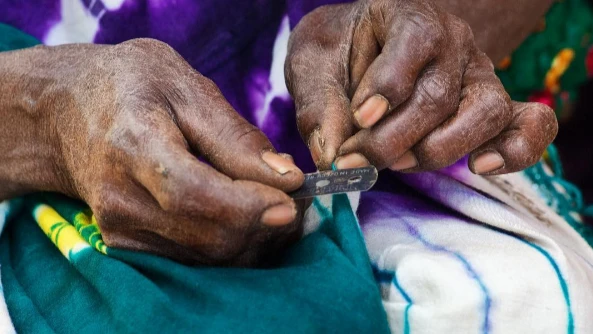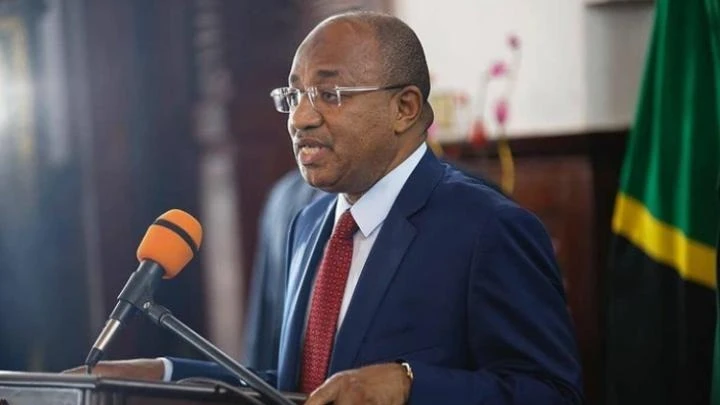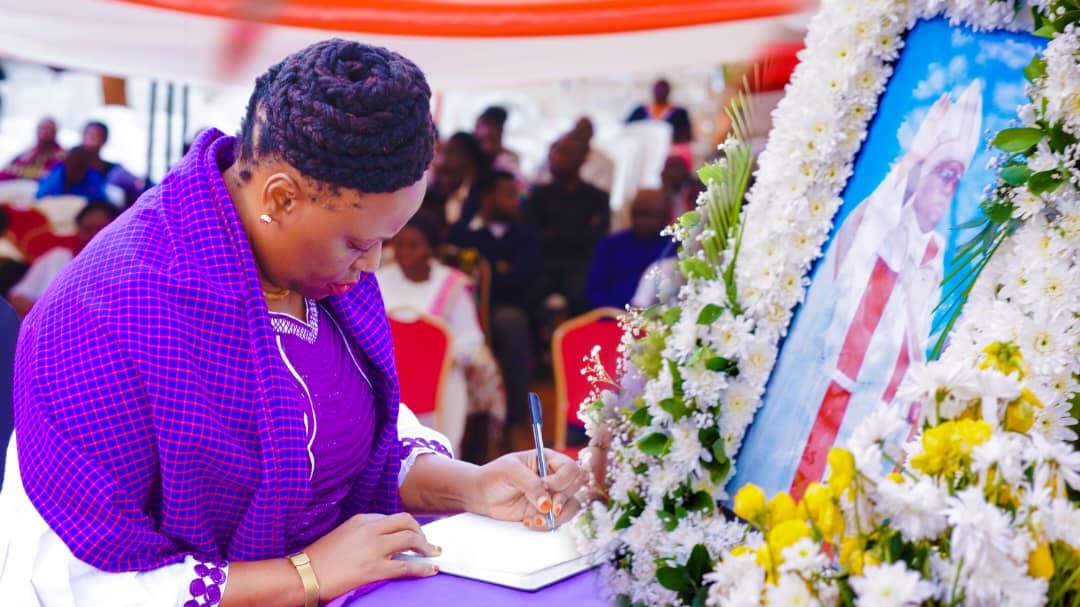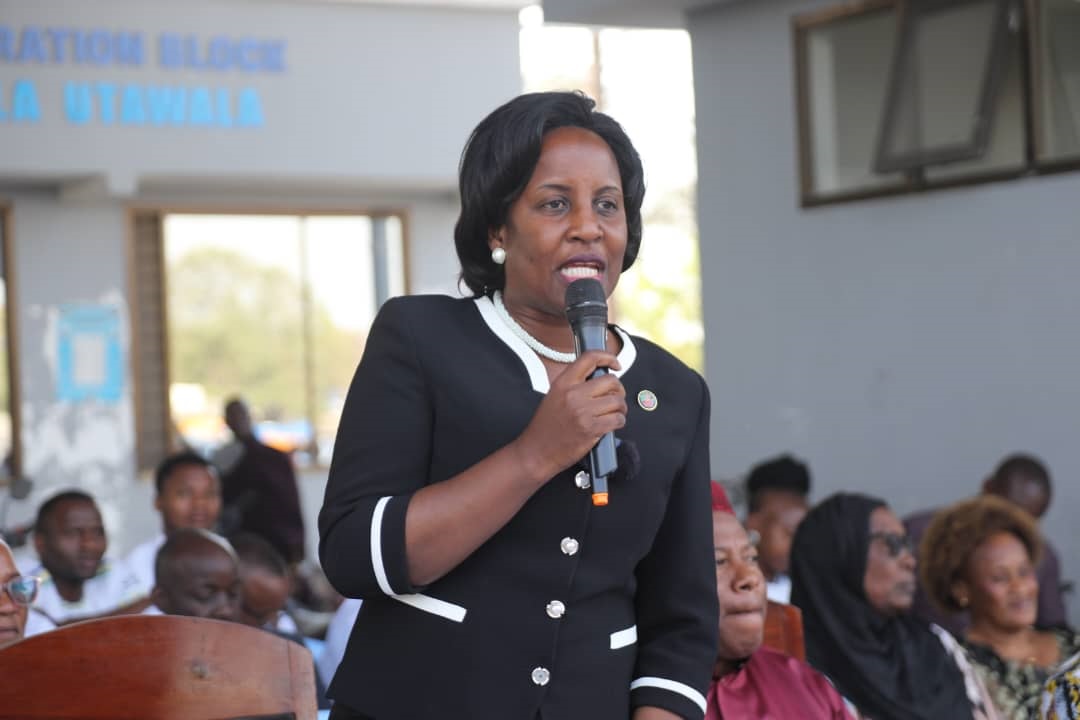School dropouts: Organization enables return of vulnerable children to formal education
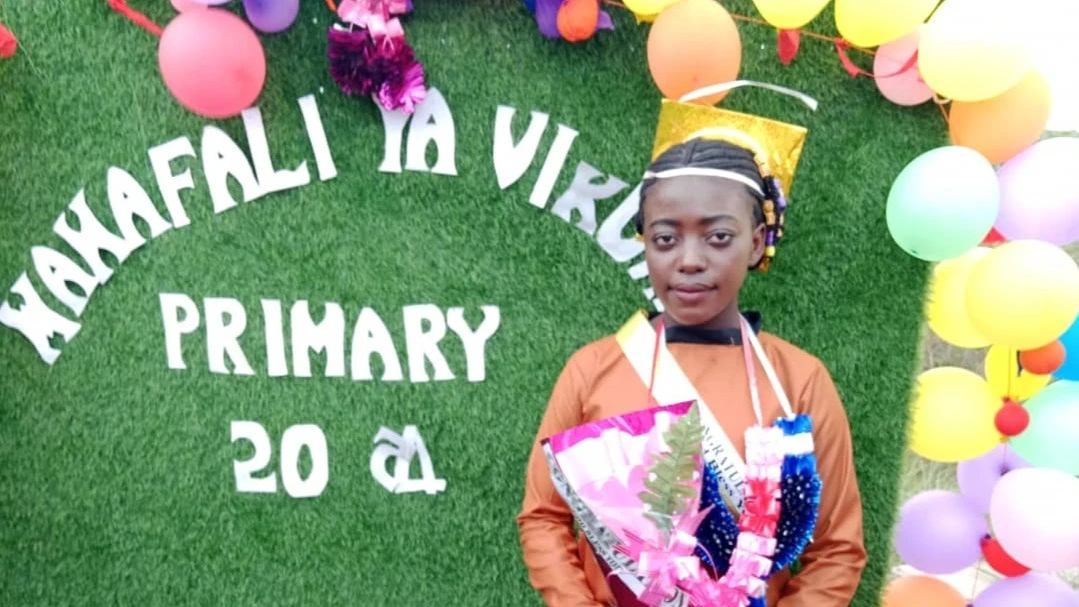
JAMILA Swalehe, (16) dropped out of school in 2018 while in Standard Four at Vikindu Primary School in Mkuranga District, Coast Region. She was out of school for three years, a situation that resulted in her losing hope in achieving her educational and life dreams. She had a dream to become a musician.
Swalehe has never known her father, who disappeared shortly after her birth in 2008. Her mother, a former secondary school student who dropped out due to pregnancy, has not been able to locate him.
At the age of six, Swalehe was enrolled for primary school education at Vikindu Primary School. However, by 2021, she had dropped out while in Standard Four due to a number of reasons including lack of educational resources and neglect after her mother re-married.
She was then sent to live with her aunt in Temeke District, Dar es Salaam Region without her school transfer documents, leaving her as an out-of-school child living on the streets.
Her situation is not unique. Globally, 84 million children will be out of school by 2030 if no urgent extra measures are taken (UNESCO 2022). In Tanzania, 3.6 million children comprised of 1.3 million primary school aged 7-13 years and 2.3 million secondary school aged children 14-17 years are out of school, according to study conducted in March 2018 by the Ministry of Education and UNICEF to verify out of school children in the country.
She remained on the streets for over three years because her caregivers were unaware that the government offers programs like the Complimentary Basic Education (COBET) programme also known as Mpango wa Elimu ya Msingi kwa Walioikosa (MEMKWA), and the 2021 Education Circular, which facilitates the return of out-of-school children to formal education.
The changes in education circular gives teen mothers a second chance to return to school two years after giving birth, also allows students who dropped out of school due to other various reasons, including truancy and other family challenges to return to classrooms.
The Children Education Society (CHESO), a local non-profitable organization has stepped in to help vulnerable girls who have dropped out of school whereas it registers them for primary school education under the COBET programme, monitors out-of-school children, assess their educational needs, and provides comprehensive support, including counselling and conditional cash transfers to enable them to re-enter school.
In 2021, CHESO enrolled her at Maendeleo Primary School in Temeke District where she joined Standard Four pupils. In 2023, she was transferred to Vikunai Primary School, where she completed her primary education after doing Standard Seven national exams on September 11th and 12th, 2024.
During her primary school graduation ceremony on August 31st, 2024, Swalehe tearfully expressed her gratitude to CHESO for rescuing her from the streets and fighting to ensure she completes primary education.
“It’s like a dream come true; today, I am completing Standard Seven, a milestone I never thought I would reach,” she said, urging the government and stakeholders to continue assisting street children who have missing chances to study.
“My educational journey is just the beginning. I call upon the government and stakeholders to help me continue with secondary school education in 2025. Street children have life dreams they would like to achieve as they become adult but lack they opportunity to pursue them,” she said.
Richard Shilamba, CHESO Chief Executive Officer, commended the government for coming up with programmes like COBET/MEMKWA and the 2021 Education Circular, which enable out-of-school children to access primary and secondary school education.
He called for expansion of the programmes, noting that many children and their families are unaware of their existence. He said efforts are needed to ensure they are known to many Tanzanians as well as expanding the programme’s limited geographic coverage.
Shilamba called for intensified sexual and reproductive health education in schools to prevent early pregnancies, giving an example of Swalehe’s mother who dropped out of school while in Form Two.
He emphasized the importance of community involvement in tracing and supporting out-of-school children. "CHESO understands that the government alone cannot address these issues. As stakeholders in the education sector, we must work together to ensure every child has access to inclusive, equitable, and quality education, in line with Sustainable Development Goal 4 under which Tanzania has committed to ensure that all girls and boys attend and complete free, equitable, and quality primary and secondary education.
Shilamba reaffirmed CHESO’s commitment to identifying vulnerable girls and address barriers keeping them out of school. He said the organization works to empower communities and ensuring no child is left behind.
Top Headlines
© 2024 IPPMEDIA.COM. ALL RIGHTS RESERVED













